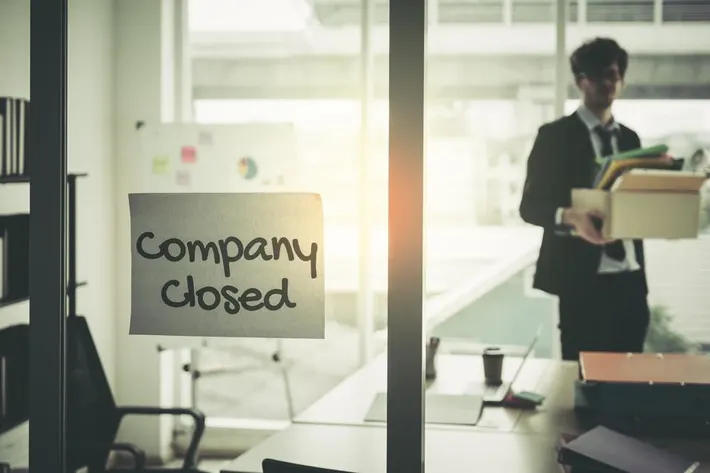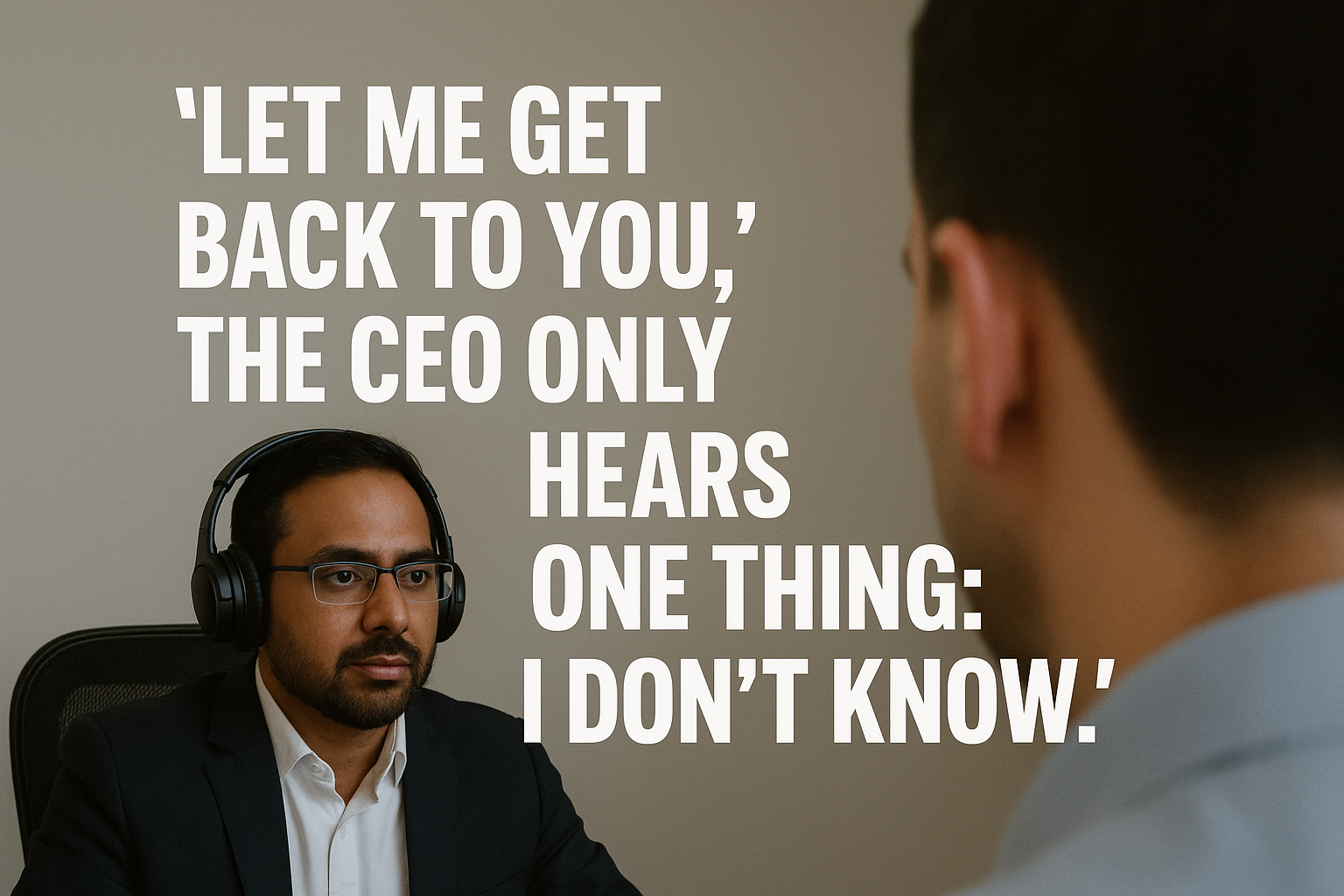Let’s be honest—running a business is a bit like driving through fog.
You know where you want to go, you know your goal, but you
can’t always see what’s coming next. That’s where forecasting steps
in. It’s like switching on your high beams so you can make better decisions and
avoid nasty surprises.
In this blog, we’ll talk about what forecasting really means, how
it works, and why it’s a total game-changer for business planning.
"Forecasting-Predicting the future, today."
line-height:normal;mso-outline-level:3">font-family:" segoe="" ui="" symbol",sans-serif;mso-fareast-font-family:"times="" new="" roman";="" mso-bidi-font-family:"segoe="" symbol";mso-fareast-language:en-in"="">💭 So, What is Forecasting?
In simple terms, forecasting is just trying to figure out what’s likely to happen in the future—whether it’s next week, next quarter, or next year—based on the information you already have.
It could be predicting sales, demand, revenue, hiring needs, or any other factor that helps you plan ahead. And no, it’s not about being psychic. It’s about using logic, past trends, and current signals to make smart guesses.
🔧 How Does Forecasting Work?
It begins with examining past data. Think about your sales figures, website traffic, customer behaviour, product returns, etc., and then you adjust that data using other real-world factors like:
- The state of the economy
- Trends in your industry
- Seasonal demand ( Diwali sales!)
- What your competitors are doing
- New technology or tools in your space
- How is your marketing performing
- Even political or legal changes that could affect your business
Basically, you consider the past + what’s happening in the present = a smarter look at what might happen next in the future.
🌟 What Makes Forecasting So Useful?
Here’s why forecasting is more than just a buzzword:
1. It is based on Real Data
No guesswork here, actual numbers are used to see patterns and trends. For example, if you know your sales jump every March, you can prep in advance.
2. It Helps You Plan Ahead
Forecasting isn’t about today—it’s about tomorrow. It helps you stay ready for what’s coming, whether that is a higher demand, a slowdown, or a new opportunity.
3. It Changes When Things Change
A good forecast isn’t carved in stone. If something shifts—like a price hike, a market trend, or a new competitor—you can update your forecast and adapt quickly.
4. It Mixes Numbers with Common Sense
You don’t just rely on formulas. You also bring in real-world knowledge—your gut feeling, customer feedback, and team insights. That combo makes forecasting powerful.
🧠 Why Forecasting Matters for Every Business
Still wondering if it’s worth the effort? Here’s what forecasting actually helps you do:
- Avoid overstocking or running out of products
- Set realistic goals and budgets
- Know when to hire (or slow down hiring)
- Catch trends early and stay ahead of competitors
- Make smarter, faster decisions without panic
Think of it as your business GPS—it doesn’t control where you go, but it helps you make fewer wrong turns.
🛍️ A Quick Example
Let’s say you run an online bakery. Last year, your orders doubled before Christmas. If you forecast the same (or higher) demand this year, you can:
- Order ingredients early
- Hire part-time help
- Prep your marketing ahead of time
Without a forecast, you'd probably scramble at the last minute—or worse, lose business because you weren’t ready.
🎯 Final Thoughts
Forecasting doesn’t guarantee success, but it does give you clarity and control. In a world where things change fast, having even a rough idea of what’s coming is way better than flying blind.
So, whether you’re a solopreneur, a finance pro, or a growing startup, start forecasting. Use your data, trust your instincts, and give your business the head start it deserves.









Recent Opinions :
No Opinion yet. Be the first one!